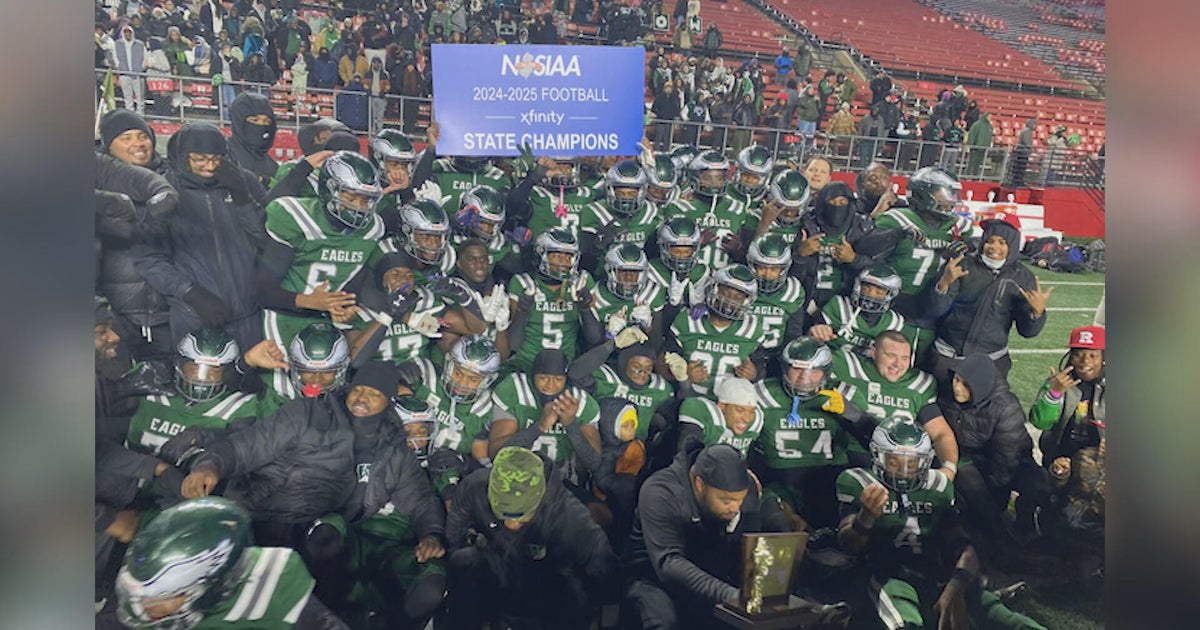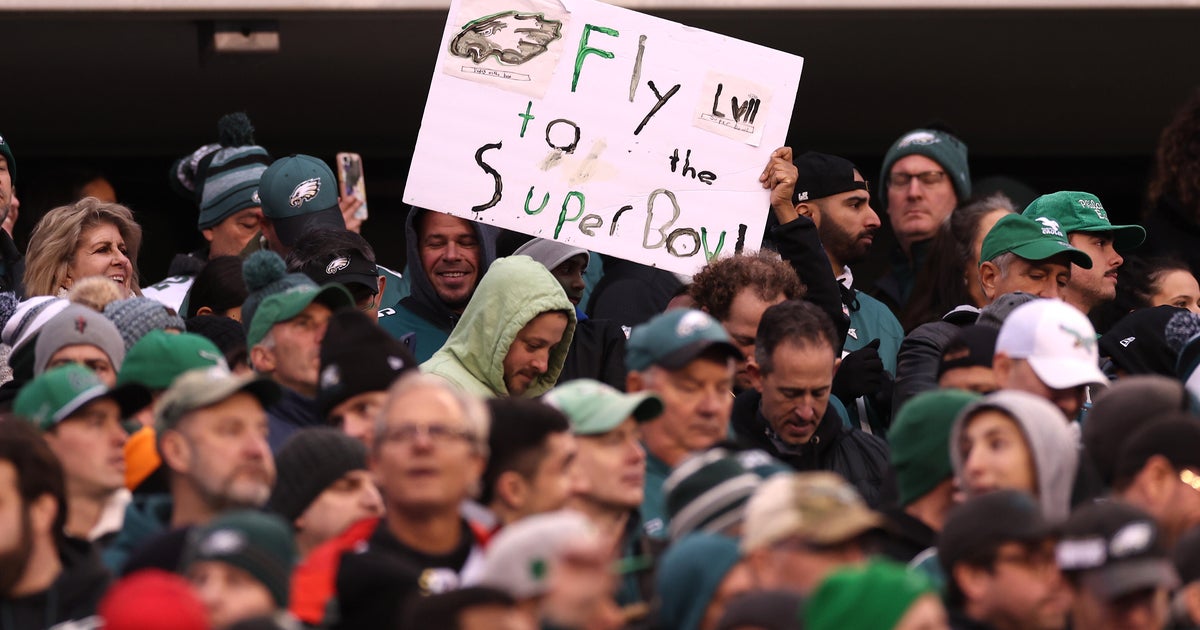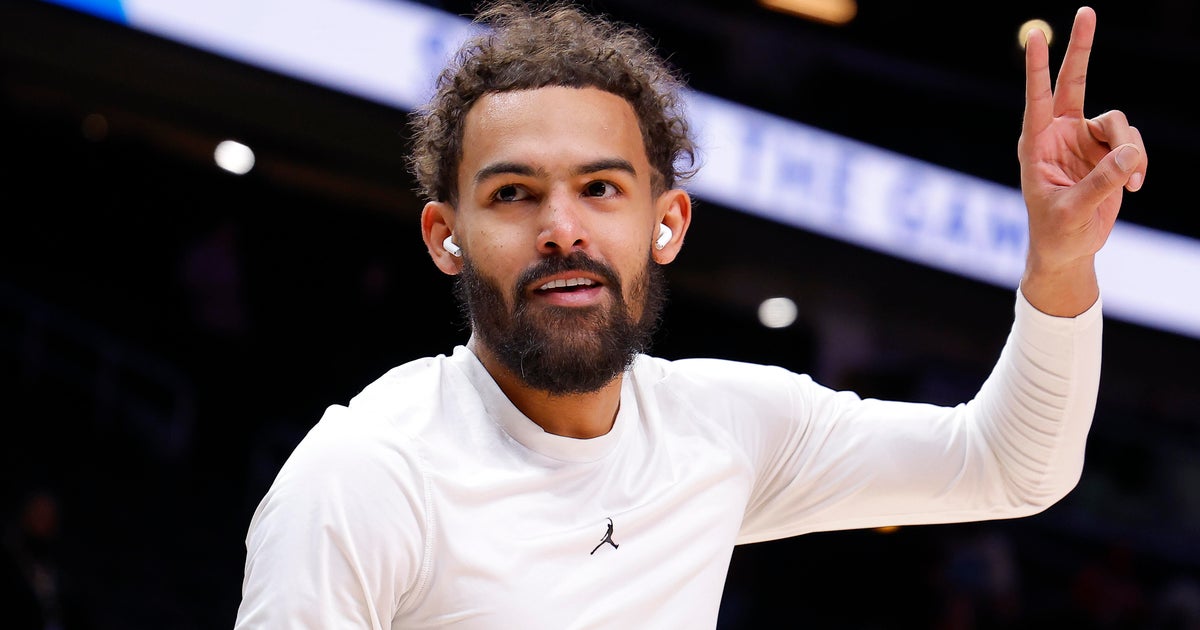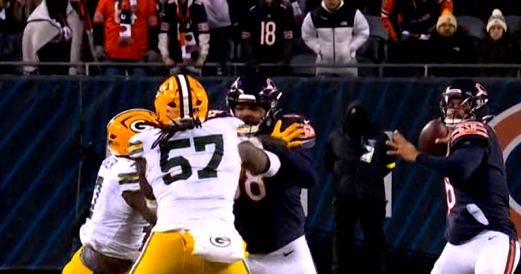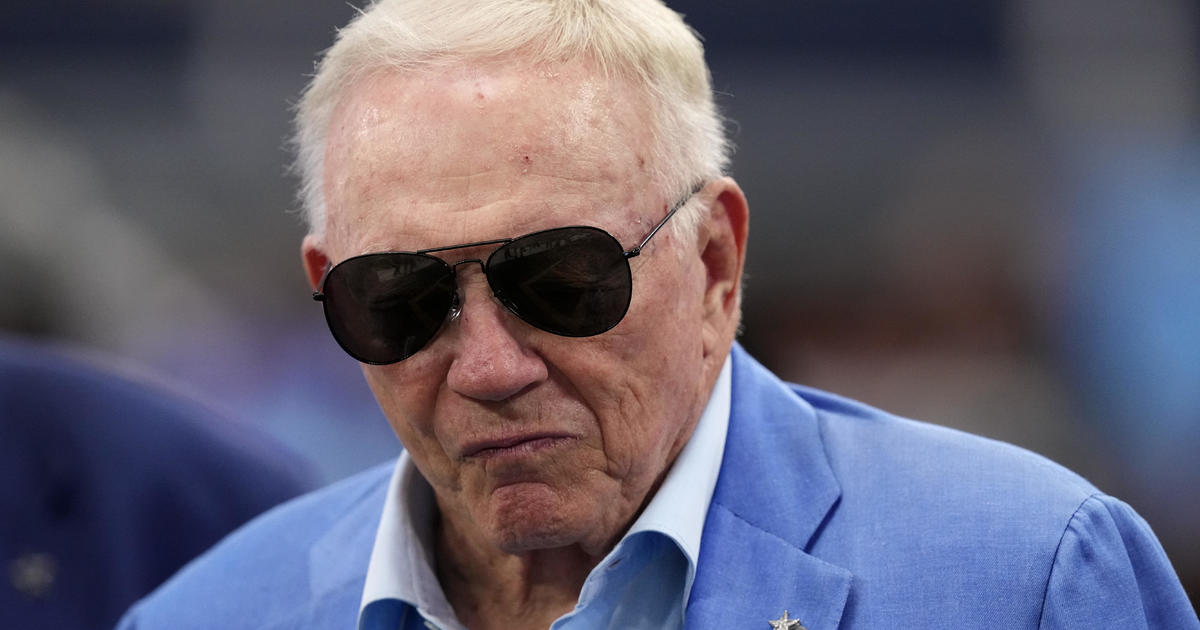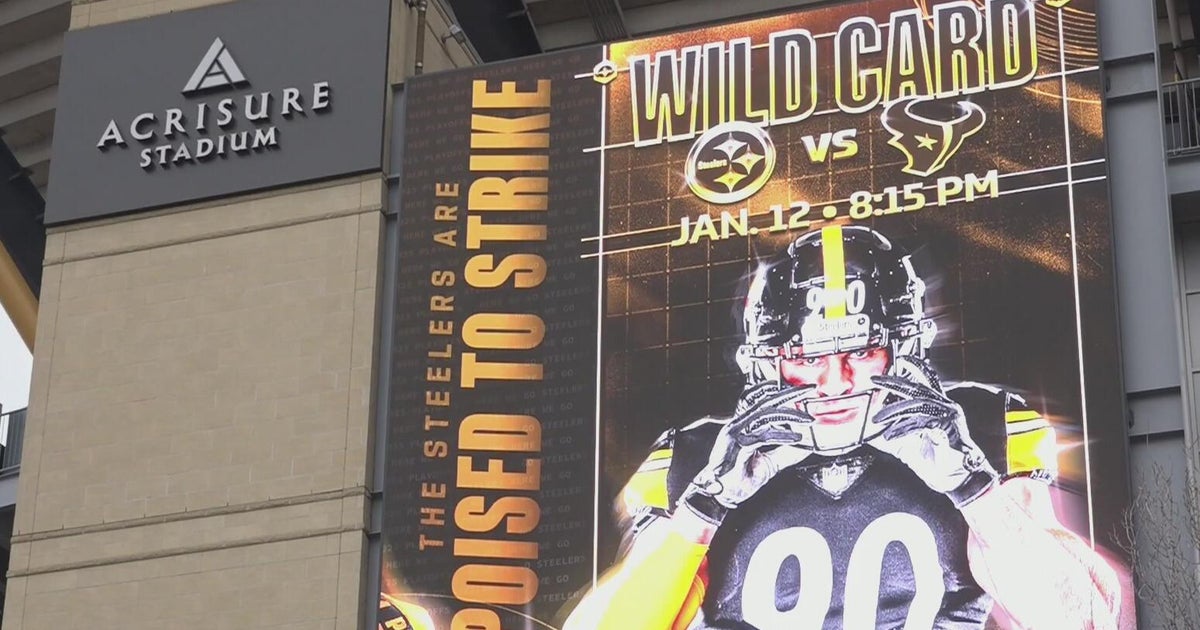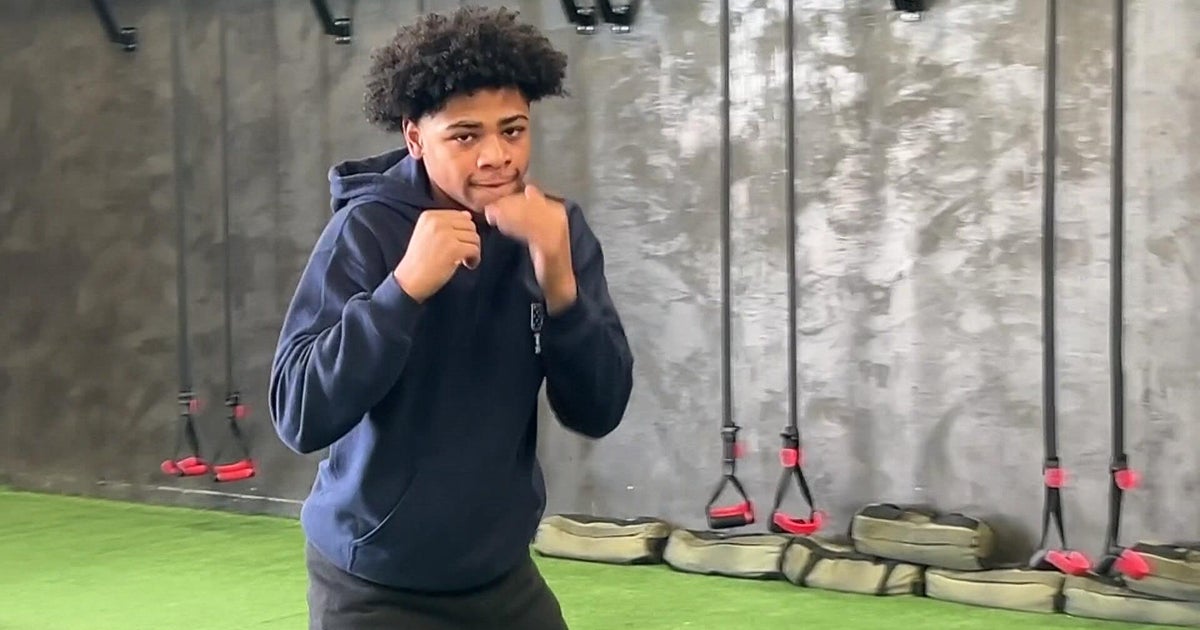Biggest Scapegoats In Sports History
Sports possess the strong, worldwide appeal that they do in part because they have an unquestionable ability to bring out the best in all — athletes and fans alike. With perseverance, partnership and achievement, all accomplished through sheer will and strength, sports have always existed as a source of inspiration and a method of hope.
However, those things in life that carry the capacity for such strong passions and aspirations also manifest a proportionate, powerful potential for malevolence. Among the more bleak aspects of sports is the tendency to direct the negative feelings and burdens, meant to be shared collectively by a team and inevitable in the world of competition, to burden the shoulders of one individual with their overwhelming weight. Whether it be through the tempting desire to absolve one's self or the stern inability to accept imperfection, scapegoats, sadly, are no strangers to sports.
We take a look at five of the biggest scapegoats in sports history.
5.) Jackie Smith, Dallas Cowboys
After joining the Cardinals as a rookie in 1963, Jackie Smith quickly established himself as a top receiver in the league. Smith was selected to five consecutive Pro Bowls, from 1966 through 1970, with All-Pro selections in all of those same years. After dealing with three seasons of injuries, Smith signed with the Dallas Cowboys in 1978 as a strictly blocking tight end off the line. That year, the 38-year-old Smith made his first career trip to the Super Bowl. In Super Bowl XIII, the Cowboys were trailing the Pittsburgh Steelers, 21-14 in the third quarter. Smith, who had not received a pass all season, was targeted, wide open and by himself in the end zone, by quarterback Roger Staubach. Instead of a game-tying touchdown, Smith dropped the ball. Dallas ended up losing 35-31, with many fans' eyes turning toward Smith, who retired that offseason. No one bothered to mention Drew Pearson's fumble in Pittsburgh territory during the first quarter, or Staubach's two sacks after reaching the Steelers' 39-yard line.
4.) Nick Anderson, Orlando Magic
Shooting guard and small forward Nick Anderson goes down in the books with solid statistics — 11,529 points, 2,087 assists and 1,114 steals. When the Orlando Magic were just an expansion team in 1989, Anderson was drafted to the team, well before the addition of Shaquille ONeal (1992) and Penny Hardaway (1993). Later in 1993, he scored 50 points off the bench in an unusual role. After leading Orlando with 179 three-pointers, the Magic won their first Atlantic Division title and made it to the NBA Finals. However, in Game 1 with Orlando leading the Houston Rockets by three points with eight seconds left, Anderson drew a foul and was awarded two free throws. Showing clear frustration after the attempts, he missed both. Miraculously, he was able to rebound his own missed shot and was fouled once again, awarding him two more shots. Both of these, subsequently, were missed as well. After the four consecutive missed free throws, Kenny Smith hit one of his seven three-pointers to tie the game and send it to overtime, where Hakeem Olajuwon took over and tipped in a shot with less than a second left for the win. The Magic were thus swept in the series, 4-0. Ignoring the fact that they were playing seasoned veterans and that a young Shaquille O'Neal was technically and statistically outplayed by Olajuwon — albeit by a small margin — Anderson's career hit a downward spiral, featuring a new-found inability to hit free throws, dropping from a 70 percent free throw shooter to 40 percent.
3.) Scott Norwood, Buffalo Bills
Buffalo had been starving for a title from a major sports franchise for 26 years, when, in 1991, they could all but taste it. Taking on the New York Giants in Super Bowl XXV, the Buffalo Bills and their high-powered, no-huddle offense had earned the team the AFC Championship. Trailing 20-19 in with eight seconds left in the fourth quarter, the task fell on kicker Scott Norwood to end Buffalo's championship drought, suffered since 1965, with a 47-yard field goal, a distance considered average by today's NFL standards. The kick missed right by about a foot, and the Giants were able to run out the clock with four seconds remaining for the win and the championship. While some took out their frustrations on Norwood, it is worth noting that Norwood, in fact, had only ever hit one of five attempts of 40 yards or more, so 47 yards would have been considered generally out of his range. Also, backup quarterback and holder Frank Reich revealed that the football's laces may not have been positioned properly prior to the kick, which may have ultimately impacted the ball's flight. While fans overwhelmingly showed support for Norwood upon his return to Buffalo, he was obviously shaken by his position as the scapegoat of Super Bowl XXV and played one more season before being replaced.
2.) Bill Buckner, Boston Red Sox
The Bill Buckner saga needs little explanation. In Game 6 of the 1986 World Series, the Sox, nearing an apparent end to the "Curse of the Bambino," were leading the New York Mets three games to two. After Calvin Schiraldi gave up a game-tying sacrifice fly to New York catcher Gary Carter, in the 10th inning, with a renewed tw0-run lead, Schiraldi retired his first two batters, and needed only one out to give Boston its first World Series title since 1918. Instead, he gave up three consecutive singles, to Carter, Kevin Mitchell and Ray Knight. Bob Stanley then came in relief, and promptly threw a wild pitch, allowing the tying run to score. The speedy Mookie Wilson, after fouling off a number of pitches, hit a routine grounder toward first base. Buckner, at first base, ran to his left to scoop the grounder. However, overcompensating on account of Wilson's speed, the ball rolled just to the left of his glove, through his legs, into right field to win the game for New York. In Game 7, with Buckner batting 2-for-4, and despite Boston leading 3-0 through five and a half innings, the Mets, in part again jumping on Schiraldi, took a 6-3 lead. Buckner himself scored a run in a rally attempt, but New York held on to win the series. An overly frustrated fanbase reacted in the worst possible way. Despite Schiraldi's obvious struggles on the mound, it was Buckner who received death threats, animosity and the weight of the loss. It was not until 2008, when Buckner was invited to throw out the opening pitch after Boston's 2007 World Series win, that the relationship between him and the Red Sox fanbase was mended. Walking to the mound, fighting back tears, Buckner threw the ceremonial pitch to the sound of thousands of supportive, cheering fans. Those 21 years, however, saw one man shoulder two decades of blame for his mistake, as well as those of others.
1.) Steve Bartman, Chicago Cubs Fan
While many consider Bill Buckner's Game 6 error to have triggered the biggest scapegoat in sports, the reason Steve Bartman is our No. 1 is simple — the events of Game 6 of the NLCS on October 14, 2003, saw players, the media and an entire city bottle up almost a century of frustration and turn against a simple fan in the crowd. When the Chicago Cubs held a 3-0 lead over the Florida Marlins at Wrigley Field in the eighth inning of Game 6, holding a three-games-to-two lead, it seemed to many fans that they may witness history, that their beloved Cubs would win their first pennant since 1945 and have the opportunity to win their first World Series since 1908. All they needed was five outs. Marlins second baseman then came up to the plate and hit a fly ball to left field, which hooked foul. In pursuit of the ball, left fielder Moisés Alou positioned himself at the foot of the fence, jumped high and reached his glove out in the direction of the crowd to try to make a spectacular catch. That catch was never made. A number of fans made their attempts to catch the foul ball and the trajectory toward Alou's glove was interrupted. Livid, Alou backed away from the fence, threw his glove to the outfield grass and yelled at one fan in particular. That fan was Steve Bartman. Despite the large number of fans who all attempted to catch the ball, Bartman, who had been listening to the radio broadcast through a headset while watching from his seat, immediately took the blame. Now sitting quietly in his seat, daring not to remove his eyes from the infield, Bartman became the target of television cameras, caring more for the prospect of viewership than for his safety. Fans then began identifying Bartman, with help of their friends and family watching the television broadcast, and started yelling obscenities at him, throwing food and beer at him, and issuing death threats. Entire sections of the ballpark even started chanting at him explicitly. Indeed, fans already began accepting that the "Curse of the Billy Goat" was at work, personified by Bartman. With this abstract idea in mind, the mindset and mood in the crowd changed, and players felt it. The defense fell apart. When Miguel Cabrera hit a potential inning-ending, double-play ground ball to Alex Gonzalez at shortstop, the usually sure-gloved Gonzalez bobbled the scoop, leading to a bases-loaded situation. Ultimately, the Marlins won the game, 8-3. In Game 7, fans came to the ballpark seeming to have already accepted the curse. Florida ended up overcoming a 5-3 deficit and won 9-6 to win the National League Pennant, and eventually, the World Series. The incident goes down in history as possibly the greatest example of poor sport psychology. Having succumbed to the mindset that all was lost and forgetting completely that it was just another routine foul ball, the Cubs and their fans lost the game then and there. Having been used to losing for the past 95 years, as soon as they felt the game was out of their control, they immediately turned to target something and someone within reach. Rather than taking a deep breath and getting ready for the next pitch, people adopted the "not fair" mentality, perfectly demonstrated and aided by Alou's "temper tantrum"-like tirade after the foul ball. Meanwhile, Bartman was being escorted out of the stadium by security for his own safety. Today, Steve Bartman's seat at Wrigley Field remains something of a tourist attraction. Game 6 saw a team and, indeed, an entire city, lose itself within five outs of history and achieve one of the darkest moments in baseball, all to feel the sensation of feeling sorry for themselves.
